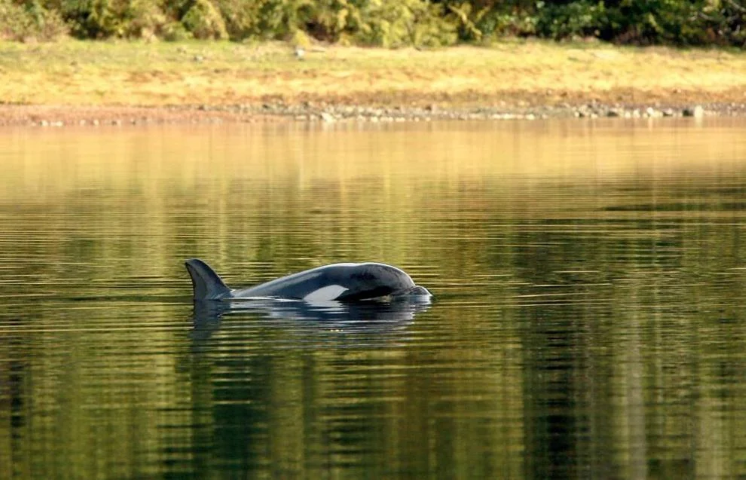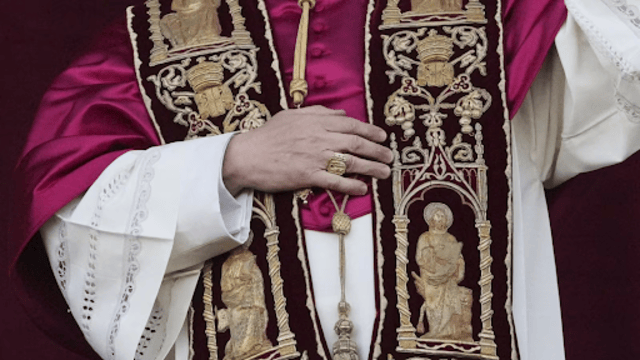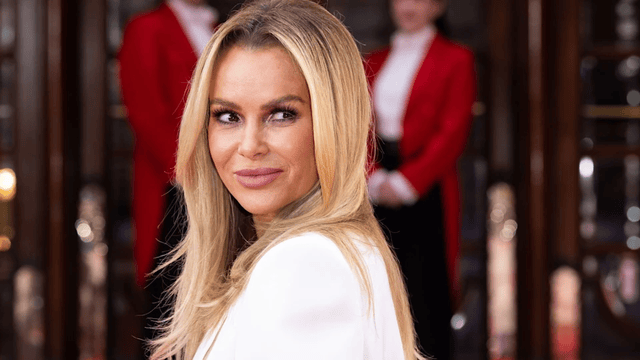
A female orphaned two-year-old orca calf known as kwiisahi?is or Brave Little Hunter, a name given by the Ehattesaht First Nation, continues to live in a lagoon near Zeballos, B.C., on Tuesday, April 9, 2024. THE CANADIAN PRESS/Chad Hipolito
The Ehattesaht First Nation on Vancouver Island remains deeply concerned about the plight of a young killer whale stranded off the coast. The orca, named kwiisahi?is, meaning "Brave Little Hunter," found itself stranded in a tidal lagoon after its mother died on a rocky beach. Despite the challenging situation, the First Nation is hopeful about the possibility of rescuing the calf.
The orca calf's distress calls have stirred emotions among those who have been monitoring its situation through a hydrophone. Described as filled with longing, these calls evoke a sense of sadness among listeners. However, there is also a sense of determination to rescue the calf and give it a chance at survival.
Despite the tragic loss of its mother, the young orca seems to be coping reasonably well. Observers have noted signs of energy, including breaching out of the lagoon surface and slapping its tail on the water. These behaviors indicate that the calf is maintaining its strength and resilience despite the challenging circumstances.
The Ehattesaht First Nation has been inundated with offers of support from the community. Many people have expressed their best wishes, offered to volunteer, and provided valuable advice on how to rescue the stranded orca. The outpouring of support demonstrates the widespread concern and determination to help the calf.
Efforts to rescue the young orca are ongoing, with the federal Fisheries Department collaborating with experts and the Ehattesaht First Nation on a rescue plan. Planning and logistics are being carefully considered, with contingencies being developed for various rescue approaches. Additional equipment has been gathered, and the team is exploring all possible options to ensure the success of the rescue operation.
Despite the challenges ahead, there is a sense of optimism within the community that the stranded orca can be safely rescued and rehabilitated. The Ehattesaht First Nation remains committed to doing everything possible to ensure the calf's well-being and future survival.















